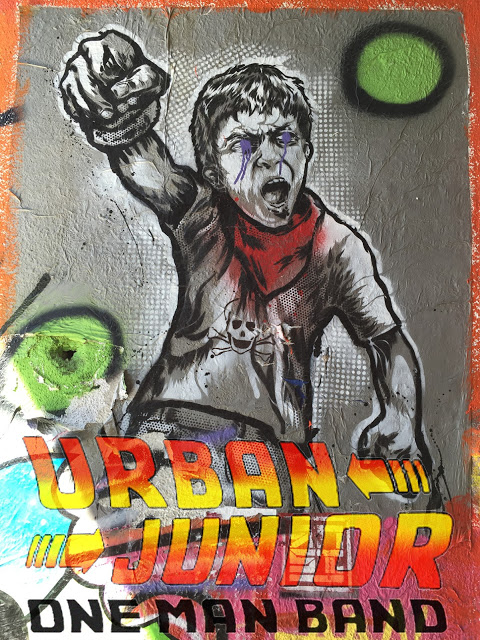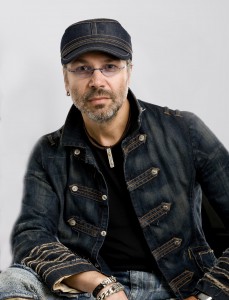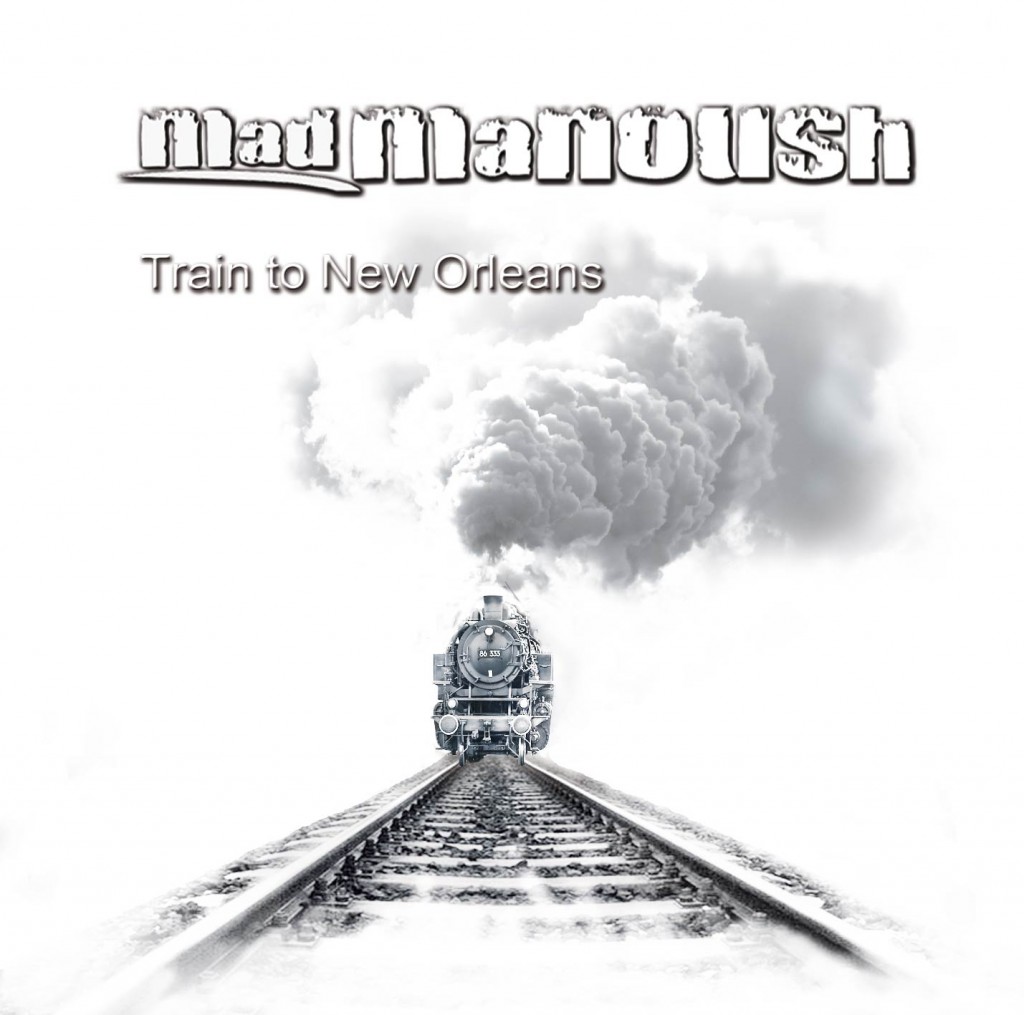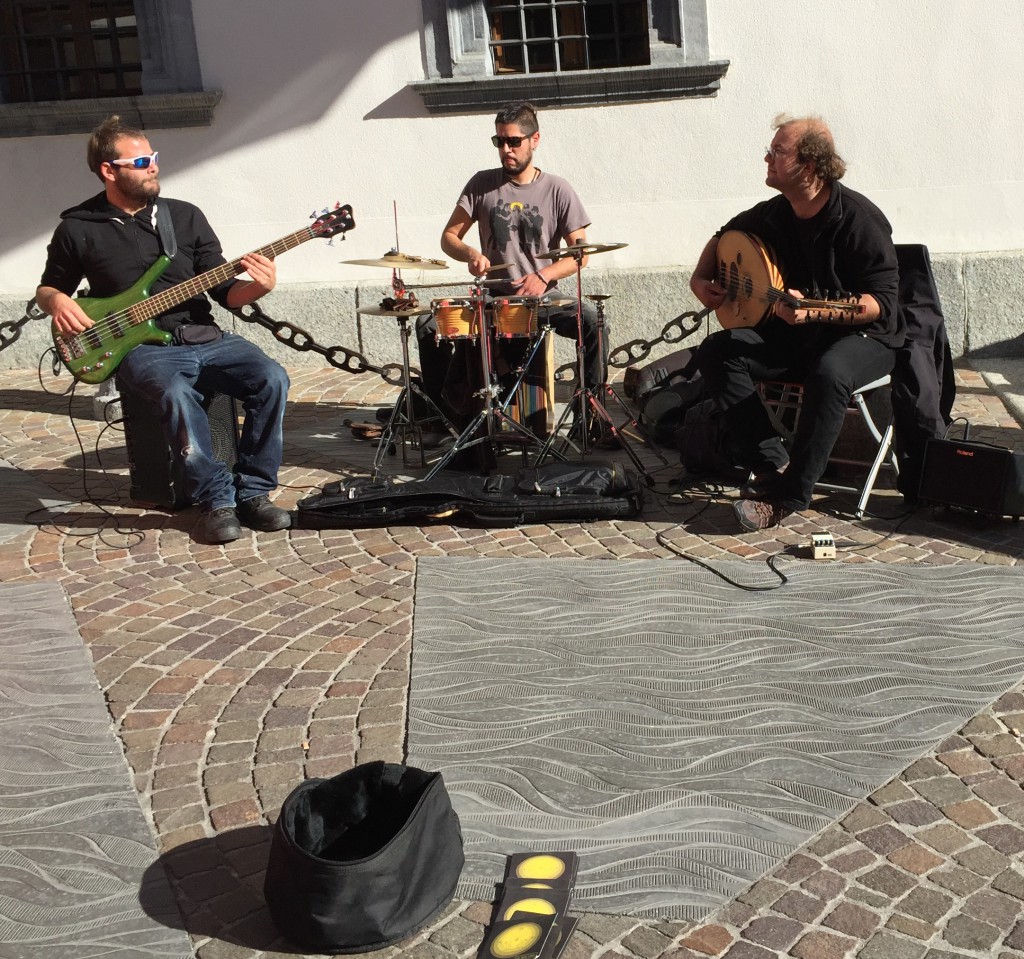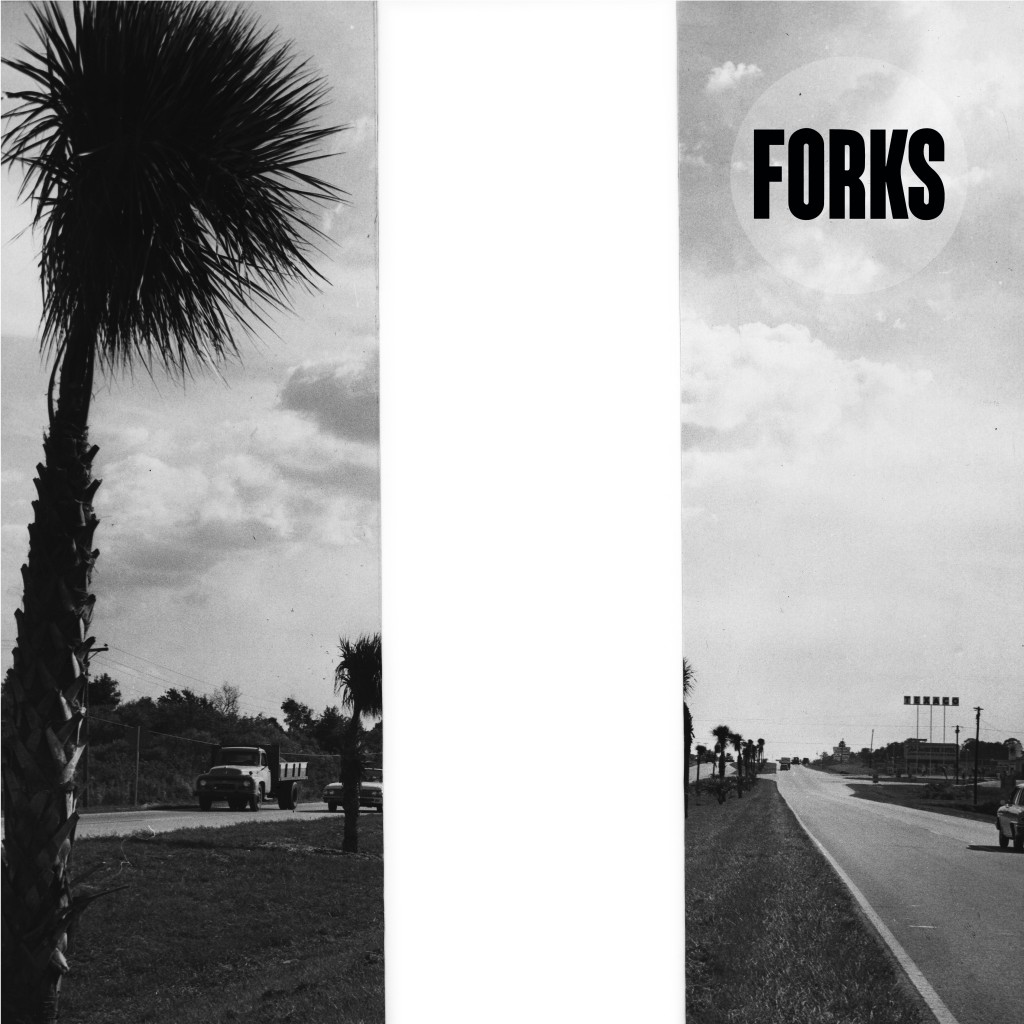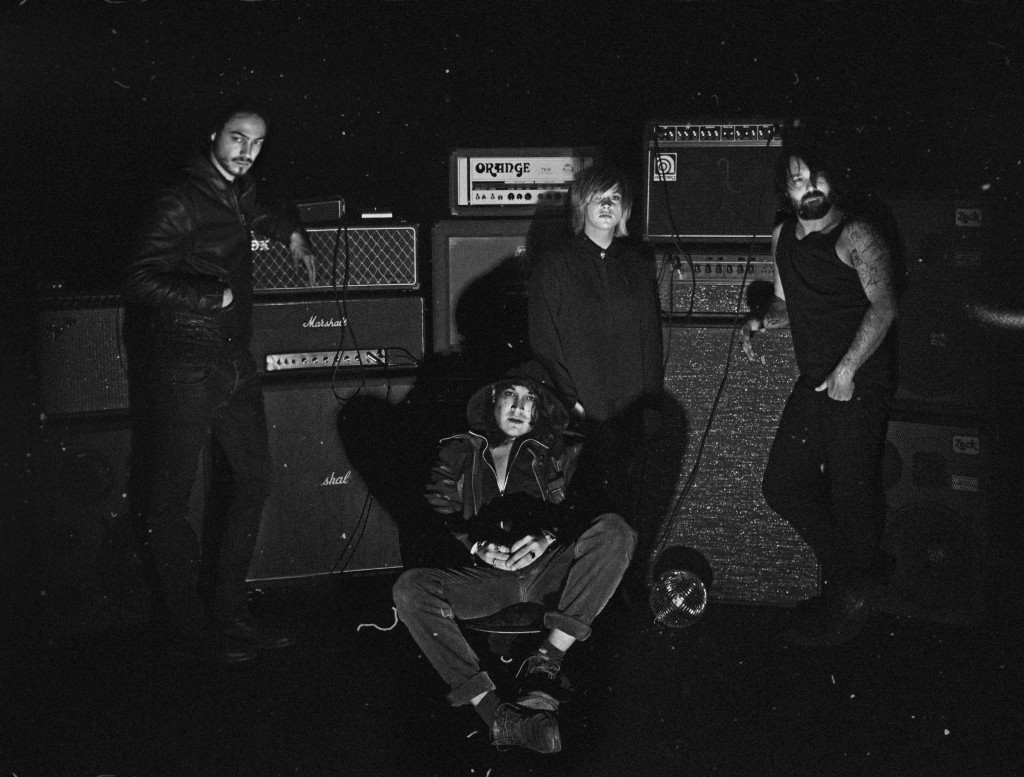It’s out. The 4th edition of WEST FM, le podcast has just hit the soundcloud platform. Very happy to welcome WhiteVal, an artist that did a lot of good music in Europe and in the USA. A great artist with inspiration and magic in her hands. Check the guitar soli. Thanks WhiteVal for that piece of chat and for the “Voices” in the head.
WEST FM, le podcast
This is new day. On the eve of Christmas, I wanted to show my passion for a brand that disappeared more than 22 years ago: West FM. It meant a lot for me. My musical culture started to build listening to them. This podcast in French today and in English tomorrow sums it all. My present for you all. Merry Christmas.

FCMA cares for musicians
Have you ever heard of the FCMA (it stands for Fondation pour la chanson et les musiques actuelles)? No? Not a problem, I am going to try to make a little presentation with the help of its director Albane Schlechten who happily took my call just before the COVID19 locked all of us home. Why do I want to talk about the FCMA? Because they rock, they do an amazing job for the sake of Swiss music in Switzerland but also on a global level.
The FCMA and its partner the Swiss Music Export office in the german speaking zone of the country have managed to plug the Swiss music bands on most of the European taste-making festivals like Groningen’s Eurosonic and les Transmusicales de Rennes. In 23 years, the FCMA has also helped hundreds of bands, solo artists and music professionals in shaping their carreers, choosing a manager or defining a media strategy to reach their audience.

More than twenty years ago, the Foundation was born in Nyon, inside the Paléo Festival organisation. The aim was to offer the youngest artists and bands from the chanson. rock and hip-hop scenes emerging scene in Romandie. It started off as a platform that provides professional tips and contacts to break through, it became a central actor to help the musicians to make the best out of their craft by linking them to professionals in rights management, production companies, music programmers in clubs and radio stations.
Behind this project, Daniel Rossellat and Jacques Monnier, the founders of Paléo who are preparing themselves this year to organize a Paléo festival edition that is healthy for everybody if the Swiss Federal Council allows them to operate this Thursday. Along with the famous duo, a group of political and music actors like the Mayor of Geneva Alain Vaissade and the music programmer and director of the late-Dolce Vita in Lausanne Marc Ridet were important in launching the Foundation. Marc Ridet became the boss of the organization and ruled it for 20 years. Albane Schlechten replaced him when Marc retired late 2017. How are things now in Nyon at the FCMA, Albane tells us all (the interview took place the 9th of march)

Hi Albane, how are you coping with the whole coronavirus outbreak and its repercussions on the music industry? Is the FCMA financially safe?
The FCMA does not have any financial losses really, for now. The situation is in fact difficult. We are navigating in uncharted territories. We are reallocating budgets, cancelling trips without insurances to help us on that matter. We are monitoring the situation, on a short-term basis. We are confident that the crisis will come to an end.
Could you tell me more about your promotion campaigns inside and outside of Switzerland in 2019 and early 2020 before the outbreak?
We developed the Eurosonic Project, the most important festival for new talents with a significant number of showcases offered to the media partners of the festival and also bookers and programmers in clubs all around Europe. A lot of the summer festival programming work starts there at the Eurosonic Festival in Groningen (Netherlands). It is also a big opportunity to reach a bigger selection of the media outlets that play and curate music. We came there with a “Focus on Switzerland”, with 22 artists, in many different genres, among them L’Eclair, an instrumental jazz-dub-synth pop combo from Geneva which released their music on Bongo Jo records. And there was Emilie Zoé. She attracted a huge amount of interest from medias from everywhere. Emilie’s presence was highlighted in the different reports given away to the press, she has been selected by the music programmers to appear as the “flagship” of the swiss scene.
Who else stood out according to the medias and the programmers?
Emilie Zoé was of course not the only one to stand out these last months. Camilla Sparksss, the project of Barbara Lehnoff the bass-player of the ticinese band Peter Kernel. Her performance at the Swiss Music Export event at the Reeperbahn Festival in Hamburg last september was really appreciated along with the electro artist La Colère.
What kind of partnership did you create with the artists and the Swiss music professionals?
We have established a real relationship with these artists, we are tracing a path together with the help of the Foundation. We also gather forces from everywhere in the country for that Swiss Focus, whether it is institutionnal or mediawise. For instance, the EBU (the European Broadcasting Union based in Geneva) is a partner at the Eurosonic festival. They team up with the Swiss public radio stations like Couleur 3 or SRF 3 to produce a quality coverage of our artists’ presence.
Who are the other artists that you helped develop outside Switzerland?
Marius Baer, Muthoni Drummer Queen. Pascal Gamboni (an artist supported by the Radio Televilisiun Svizra Rumantsch)… and many more. First means to measure the efficiency of the Eurosonic Focus Switzerland scene, is KT Gorique gonna be more programmed elsewhere. It seems so because the Wallis female rapper and Camilla Sparksss were lined up for “The Great Escape” in Brighton (which had have to take place right now).
Some Swiss bands found bookers in England and Germany to book them on domestic tours. These guys hear songs from our artists and if they are convinced, they want to see them live, simple as that.
Could you describe your strategy to break those artists elesewhere?
We have a strategy in two different levels, the first. As we have a diverse and independent scene, we work artist by artist, we interact with the medias that we know and the labels, we will talk about some artists linked to us to the appropriate media or label. We target the right networks, the right actors. We work on the globality of the Swiss scene. One of our media partners is MX3, a platform that gathers all the music and the biographic facts to help programmers and journalists to get to know more about Swiss music in rock, electro, hip-hop and chanson. Their platform is linking up our four linguistic regions with the help of the public radio stations. We exchanged with the people of the radio station 3FM is the Netherlands, BBC Music Introducing or the Belgian broadcasting company RTBF in the French-speaking region, they are interested by what MX3 does.
MX3, this seems to be a dream tool for artists, why is it not more pushed forward?
It is a public financed platform, it is not a big platform like Spotify, you need people to work for it, to manage its content, promote it, you have to be very pushy with communication, produce new contents and to be on the look out for new talents, the Radio Télévision Suisse and MX3 are doing a great job to promote our Swiss artists, with special shows on the radios, with sessions in the Studio 15 in Lausanne. The collaboration with the Swiss media is really good.
Who are the financial actors that inject money in the FCMA?
Paléo, the cantons, the munipalities, some of the municipalities have clubs, some others have none. Every other year, cities like Neuchâtel, Geneva or Lausanne contribute, we also get subsidies by the Lotterie romande, Fondation Pro Helvetia and Fondation Suisa. We have a trustworthy relationship with the cantons, we meet with their representatives to discuss the money question, but we were certainly not at risk these last two years.
What is your aim for the following years?
The market is getting more complicated each year. Our means to help artist break through are still not enough, we would like to enforce more self-sustainable strategies.
By David Glaser
FCMA on line on this website.
HERE’S A SELECTION OF SWISS SONGS FROM ROMANDIE’S SCENE
An Eclectic Mix of Music for November: Urban Junior, Mad Manoush, The Halay Lamba
Winter update from the Swiss Music Show
Back in the summer David Glaser headed off to the Pully for Noise festival. One artist that caught his eye was that of Urban Junior. Urban is from Zurich and is signed on the Bernese label Voodoo Rhythm. David says, ” The Swiss German cantons in Switzerland have produced many interesting rock projects in recent years including that of Puts Marie and plenty of others. But the originality of one-man-band Urban Junior, is what piqued my interest.
According to David:
“The guy himself is rather eccentric, but creates interesting and strange sounds with all his instruments – a bit of a rarity in the Swiss music landscape. There are many punk references hidden in the layers of his compositions and his album “Music for the Asses” (a reference to the superb album of Depeche Mode “Music for the Masses”), is an inventive and fresh bubble in a world of music increasingly segmented and pre-fabricated for the youth.
The music of Urban is very rich. Call it rock, blues-trash, electro new wave, disco death or electrical punkabilly, basically it’s a gigantic mixture, a beautiful sound mashup. Not only is he a one man band and musically does everything himself but he is also in charge of the rest of his art, from art-work to merchandising.
Urban Junior is the protégé of the Voodoo Rhythm’s boss Beat Zeller. Beat, otherwise know as Reverend Beat-Man also performs as a one-man band. Both of the guys are fans of rock and blues and include these genres in their live appearances.Urban Junior’s videos are small pieces of visual freedom full of poetic licence, funny and sometimes hilarious such as “Hot Shit From Switzerland” (see below) or nonsense songs such as one sung with children. “Ha Ha Ha Ha” recalls the binary rhythm of The White Stripes”.
For more info and dates of future Urban Junior shows click here
Meanwhile Catherine has been listening to the sound of Mad Manoush’s 2013 album Train to New Orleans.
Catherine says “Their electro/ swing/ gypsy/ upbeat style can brighten up many a dark winter’s day”.
The band themselves are currently in the Canton of Argau, although founder of the band violinist Egon Egemann grew up in the Styrian mountains near the Slovenian and Hungarian border. Egemann plays a mean violin in a mixture of jazz, celtic , balkan, klezmer and latin American music.
Photo above Egon Egemann – courtesy Mad Manoush
Their band’s first album Train to New Orleans
Check out other music, videos and latest projects of Mad Manoush here
And finally, a small shout out to the band “The Halay Lamba”. Catherine spotted them playing in Sion in the Canton of Valais one week-end and although the band themselves are from Greece, they are currently making their way busking and playing through Switzerland. Keep an eye out for them if they are in your town. Hear their track “Afghan Song” on this video below.
Photo above – The Halay Lamba busking in and basking in the Swiss sun in Sion.
Festival “Walk the Line” and Interview with “Forks”, a Vevey based band
Happy 2015 to all readers!
We begin the year by featuring “Walk The Line”, a free music festival taking place from 21st to the 31st January and an interview with Forks, a rock band from Vevey and on the festival’s line up.
This festival showcases breaking acts in different venues in an around Lac Léman in Switzerland: The Chat Noir in Carouge in Geneva, the Rocking Chair in Vevey in Vaud, The Caves du Manoir in Martigny in the Valais and also in several venues in neighbouring France in Bourg-en-Bresse, Annemasse and Annecy.
Festival Walk the Line is supported by FCMA – a Swiss based organisation that offers support to new bands. The festival also offers management classes and media communication training to six bands/ artists in partnership with the six music venues.
David chatted to Pacifique Vuillemin, the bass player from Forks.
Walk The Line programmes a selection of Swiss and French Bands in different venues. What does it mean for your band to be on that bill?
Well it’s great. It’s a good opportunity to make contacts across the Swiss border and see what’s going on over there. We imagine that some people must like what we do, if not, they wouldn’t have asked us to participate in the project. So in a way we take that as a compliment.
Could you describe what Forks is all about? Who are you, where did you meet? How and when did you start to play music? Where are you from?
The band started with Mehdi Benkler on guitar, Valerie Ciriolo on vocals & rhythmic guitar and Joel Bovy on vocals & drums. Joel and Valerie were friends for a long time. They used to play together in a post-punk girl band called Lick My Cherry Lips. They then met Mehdi through Julie Hugo from Swiss band Solange la Frange.
Mehdi brought Pacifique Vuillemin on bass into the project at the very beginning by mistake really! We thought he played keyboard but it turned out that he played bass. They had both met in Vevey’s shool of photography where they used to study.
We all live in Vevey but Medhi is from Morges and Pacifique lives close to the French border. All of us had different projects in the past such as Girls in the Kitchen for Joel, Gaya for Valerie and different live bands for Pacifique and Mehdi.
Forks started in late 2012 and the chemistry between us was immediate. After only a few jams, we completed our first song. Our music comes naturally from our different influences, it’s mostly about psychedelic-live performances. None of us are trained musicians, we trust our feeling and strength to build songs with no endings, just structures. Live and improvisation are essential to us.
I sense a lot of different influences from psychedelic rock to garage, noise (Sonic Youth etc), are you happy to represent those genres in your musical blend?
Yes we are ! We want to create our own sound and be original but of course we have influences. As long as these influences sound good to us, it’s cool. Each of us brings something different into the mix. But we share a lot of love for classic bands like Led Zeppelin and Kyuss. From Kraut-rock and Space-rock to Psych-rock like Brian Jonestown Massacre. It’s funny you mention Sonic Youth because it’s one of the only bands we covered when we started out…
Who are the bands that you like right now?
There is the old classic stuff but we’re always discovering things that we share with each other. We all had a big crush on Goat (a band from Sweden) last year, but right now we’re listening to Ride, Thurston Moore and Wooden Shjips.
The song “Ayahuasca” is a rather long 10 minute track. Some of your other tracks are over seven minutes as well, does that mean that a Forks show would automatically be a two hour long set?
The length of our songs really help build the atmosphere and dynamics that we want to create in our live performances. Regarding the length of our shows, it depends on the spots, we often have a timing to respect so we manage to have 45 minutes to an hour by picking the right songs.
You sing in English, would it be possible that you switch to French since you are from Swiss Romande?
English has always been the language of Rock’n Roll and it comes more naturally to compose in that language. Today most of the European rock bands use English and it makes sense with the media and the internet. We don’t feel we have to do it but we might switch to French one day. There is a great psych-rock band from Vevey called Marilou, they sing in French and it sounds cool !
There seems to be a lot of praise since you began playing live. I heard that Kilbi (a music festival held at the Bad Bonn’s venue in Düdingen) contacted you to play in their venue and the radio station Couleur 3 also plays one of your songs. Are things moving fast enough for you?
We are very lucky ! It’s working well so far and there are many people supporting us. We had the chance to play in most of the Swiss spots we love such as Bad Bonn and many clubs in Lausanne, Zurich, Bern, Fribourg. We plan to continue touring around Switzerland and move on from there, things seem to be picking up though because we already have gigs to play in Brussels and France.
Vevey already has great rock bands and acts such as Verveine etc. However, it’s a small town compared to Lausanne, its big brother in terms of music etc. Do you have to prove yourself more coming from Vevey? What energy does Vevey bring you? Do you live, work and rehearse in this town?
Vevey is a very nice place, we all live there except Pacifique who moved to Lausanne. Joel used to work for The Rocking Chair as a programmer, he now work on his own booking agency called Booty Babes Booking and he also works for Nox Orae Festival (a festival taking place in August in La Tour-de-Peilz. Mehdi is known as a rock photographer, he works for the Montreux Jazz Festival and he does art work for several bands. Valerie is a volunteer in various cultural events in Vevey such as Nox Orae and Vevey Image. Pacifique is a studio photographer and works mostly in Geneva.
The town of Vevey gives a lot of support for cultural events and this summer we plan (as Forks) to organise our own event for “La Fête de la Musique” with a lot of great Swiss rock bands. Vevey is so small that it’s very easy to meet and become friends with other musicians and it helps to have support from people such as the Rocking Chair team. All these connections mean things move very fast. As for Lausanne we don’t think there is a rivalry, as it’s pretty much the same area. The Swiss Riviera music world works as one and as soon as you are in it things keep moving.
David says;
“In my opinion Forks have good taste, they certainly know how to prepare a good music blend out of rock n’roll ingredients. Their music has been a magnificent surprise to me and they play a punchy, post-punk/garage/psyche-rock mix on their first eponymous album.
Hopefully, we’ll get to see the band live somewhere in Switzerland in 2015, in the meantime, check out their track “Ayahuasca” in the You Tube video below.
Interview by David Glaser
